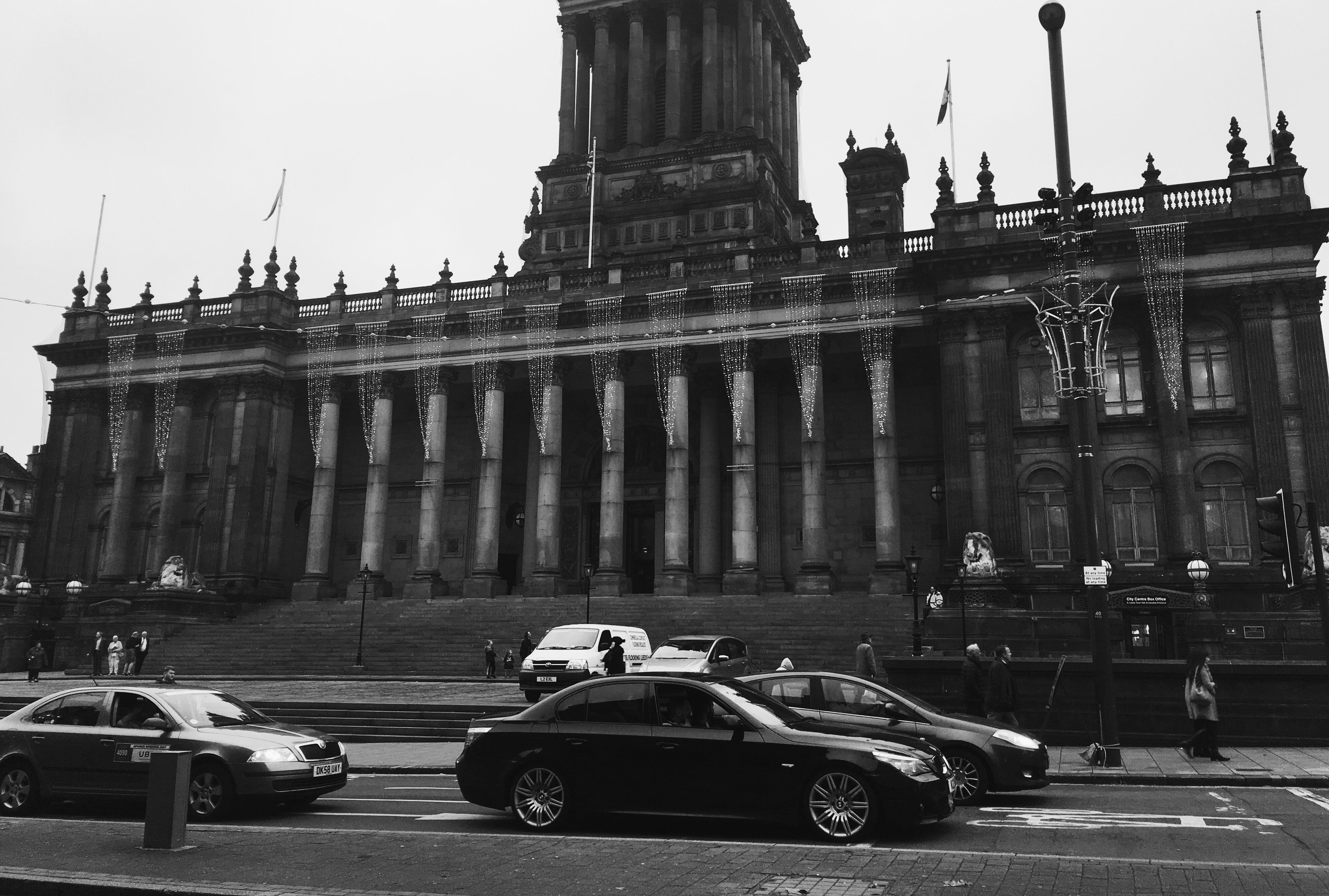Following the temporary closure of Norman Bar last month after a large brawl, Councillor Alison Garthwaite, who represents Hyde Park and Headingley, told a Leeds City Council meeting: “I assume this is grime, I know that grime is associated with trouble.” Critics quickly pounced, branding her comments as “lazy” and “ignorant” with “racial undertones”. While Councillor Garthwaite should indeed be held accountable for her speech, the emphasis should be put on her ignorance, and not that she was racist in what she said. The whole situation points to a larger societal and cultural problem that police and the authorities have with grime music and music of black origin.
Speaking to clarify her comments, Councillor Garthwaite revealed that “I had seen in the documents that the music had caused a problem, or contributed to the problem, in the past.” Over the last two decades, much has been done to stifle grime and garage seemingly disproportionately. The infamous Form 696 was a seminal example and the subject of Jme’s Noisey documentary The Police vs Grime Music in 2014. Form 696 specifically targeted any events that ‘predominantly features DJs or MCs performing to a record backing track’, as it reads on the form itself. The form had to be filled in fourteen days before the event took place, and controversially required the names, contact details and private addresses of all promoters, artists, and DJs that would be part of the event. Many live performances and club nights were cancelled in response to the Form 696s that were returned to the authorities, as the risk assessment conducted with the information supplied would determine that the event was unsafe.
Form 696 was scrapped in late 2017, but only after twelve years of use, and the lasting impact of the risk assessment should not be understated. When Councillor Garthwaite cites “documents” that informed her decision, it should ring more alarm bells than her ignorance about a music genre that is culturally removed from her. It is not ignorance if the information she has been given misleads her: it is an issue that concerns the bias of individuals in the police and authorities that wrote those documents.
Violence occurs everywhere in society. Any person claiming that it is disproportionately apparent in grime events should look to the tens of videos every year that are released, to use one example, after almost any horseracing event. How many times have drunk, predominantly white, predominantly middle-aged racegoers been filmed in mass brawls, or drunk and disorderly? Why is so much made of the potential violence in live events featuring grime and similar genres, when little is publicly done to criticise violence on race day, aside from a few tabloid articles fishing for clicks? The hypocrisy that enables people to view one event as potentially dangerous to attend and the other as a fun day out speaks volumes about the bias that has been stoked by the media and by those in authority.
Is the treatment of grime music and artists, by those in authority, in some way racist? Undeniably. But the source of that racism is not the individual judgement of people like Councillor Garthwaite; it is the result of sustained bias that has permeated the society, that tells us that particular genres of event are somehow more dangerous than others, even when there is little evidence to back such a claim.
Every weekend, people fight in clubs and pubs across the country. More has to be done to target the individuals that perpetrate violent crimes, no matter what context it may be in, instead of making a judgement based on group identity and possibly biased information. It is true that grime is a response to the violence that surrounds the communities of grime’s origin, but grime is not the cause of violence – just as Councillor Garthwaite’s comments are not directly racist, but are indicative of a wider systematic racism that still exists towards grime.
When contacted for further comment, Councillor Garthwaite attested that her statement “in discussion with the police, they had identified the type of music” referred to a previous Licensing Committee on the 2nd April. At this meeting, Sergeant Martin Mynard, West Yorkshire Police presented a report on the issues of “Policing and the Night-Time Economy”. The discussions at that meeting on 2nd April led Councillor Garthwaite to her remark that “I know grime is associated with trouble” in the 17th April meeting. As the 2nd April meeting was closed to the public, it is not clear as to what information was presented nor as to the details of the discussions that followed. What is clear is that the police, according to Councillor Garthwaite, were responsible for the identification of grime as a problematic genre, and Councillor Garthwaite was led to her assumptions, at least in part, by the police presentation.
Michael Keating
(Original Photography: Giulia Bardelli)

